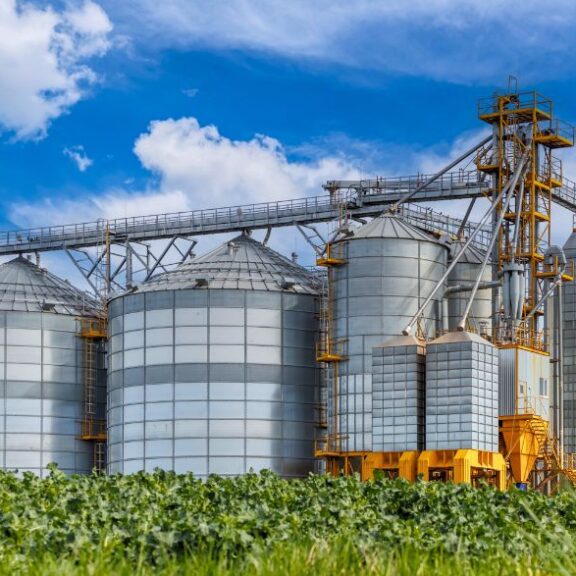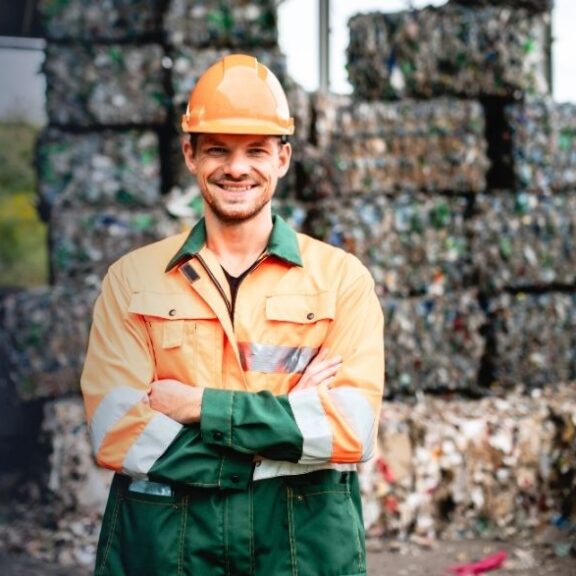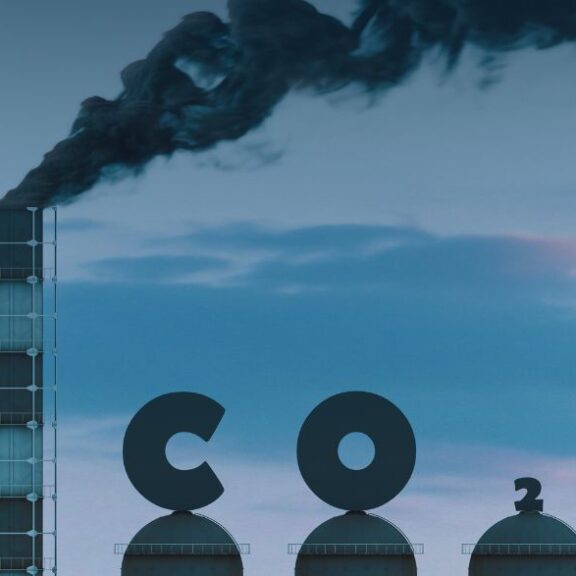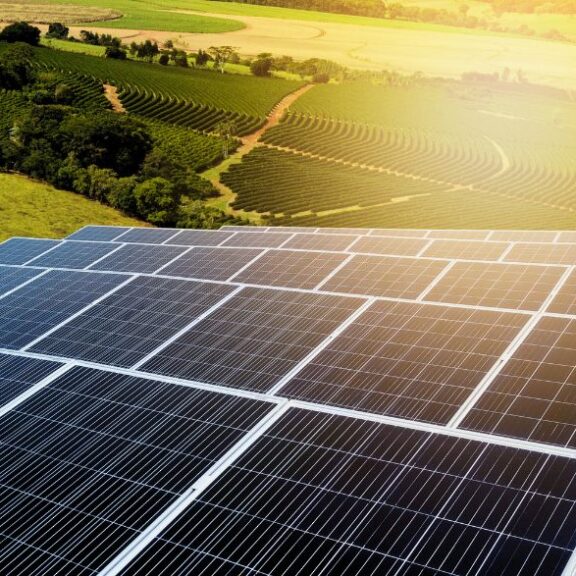The Role of Biogas in the Circular Economy Revolution
The circular economy has proven to be a silent and promising revolution in the pursuit of a sustainable economic development model. This concept, which aims to reduce, reuse, and recycle materials, is gaining more traction









